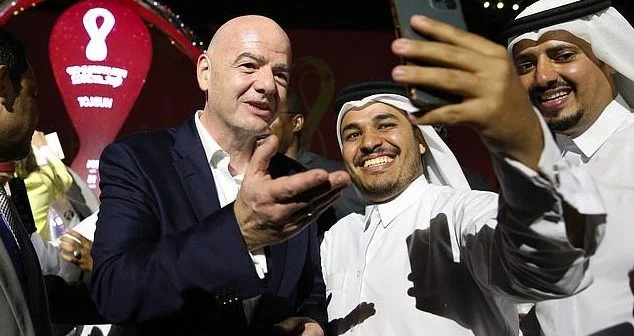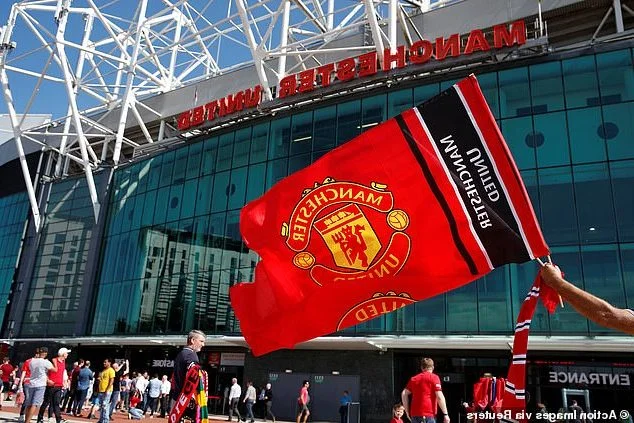An individual football agent has been paid at least £10 million for his involvement in moving a player between European clubs on at least ten occasions in recent years, according to a Mail on Sunday investigation, with commissions of £5 million or more being twice as prevalent.
Multiple agents have been paid for their roles in the same agreement by one or both teams and the player in some cases, with a “wild west” mentality prevalent among some middlemen.
FIFA, on the other hand, is introducing drastic new restrictions to combat widespread profiteering by selfish middlemen, even though this appears to be leading to agents waging mass war on the global governing body.

Examine the Million Pound Deals
Five of the £10m+ transfers are profiled in these pages, with others including Emre Can’s move from Liverpool to Juventus in 2018, Hirving Lozano’s move from PSV Eindhoven to Napoli in 2019, and Frenkie de Jong’s move from Ajax to Barcelona the following year.
On one occasion in 2018, the agent of a player transferring from Ligue 1 to Bundesliga made £16 million on a £20 million move, while his client’s guaranteed income for the duration of his five-year deal was £14 million.
Currently, there are no limits on how much agents can be paid, and there is no control of middlemen. This has been the case since FIFA abolished agent regulation in 2015, a decision that everyone within the international governing body now recognizes as a “bad blunder,” as one source puts it.

While FIFA president Gianni Infantino has been chastised for some of his actions since taking over from Sepp Blatter in 2016, his transfer market reform program, which has been ongoing since 2017, is driven by a desire for more fairness and income redistribution.
Three steps of FIFA Council clearance have already been completed for a slew of reforms. The main reforms, which have been received with significant criticism from agencies, will cap any agents’ fees for contract negotiations at 10% of any transfer fee (paid by the selling club) and 3% of a player’s salaries.

Agents will not be allowed to work for two clubs at the same time. All agents’ identities and contact information will be stored in a database that is open to the public. All transactions will be made public when data protection rules allow, even if precise sums are not.
About the International Transfer
From a redistributive standpoint, every foreign transfer, as well as all cash involved, will have to go through an independent ‘clearing house,’ and 5% of all deals will go to the clubs that nurtured the players involved in the first place.

Using numbers from 2019, Infantino said at a workshop last month that the global cost on transfers that year was over £5.5 billion, while agents’ fees were roughly £550 million, and compensation to ‘training clubs’ was around one-tenth of that, at around £55 million.
FIFA expects training clubs to receive more than £300 million a year from a 5% levy imposed at the clearing-house stage, as some of the most exorbitant agents’ fees are reduced. FIFA is well aware that they are up against some of the world’s most powerful agents, including Paul Pogba’s agent Mino Raiola and Cristiano Ronaldo’s ‘super-agent,’ Jorge Mendes.
Read: The List of 19 Ballon d’Or Nominees who are Absent on FIFA’s The Best 2021 Shortlist


